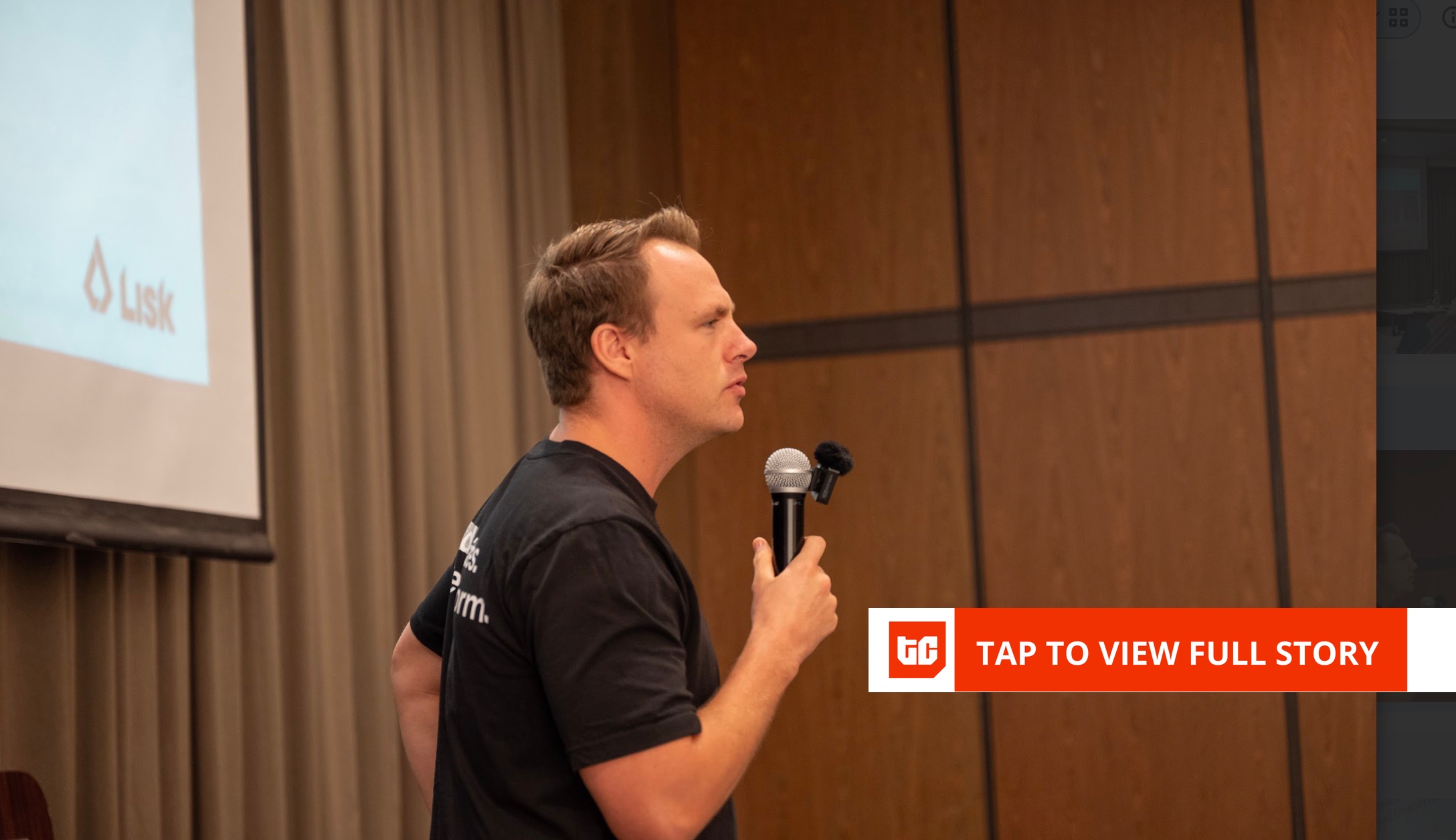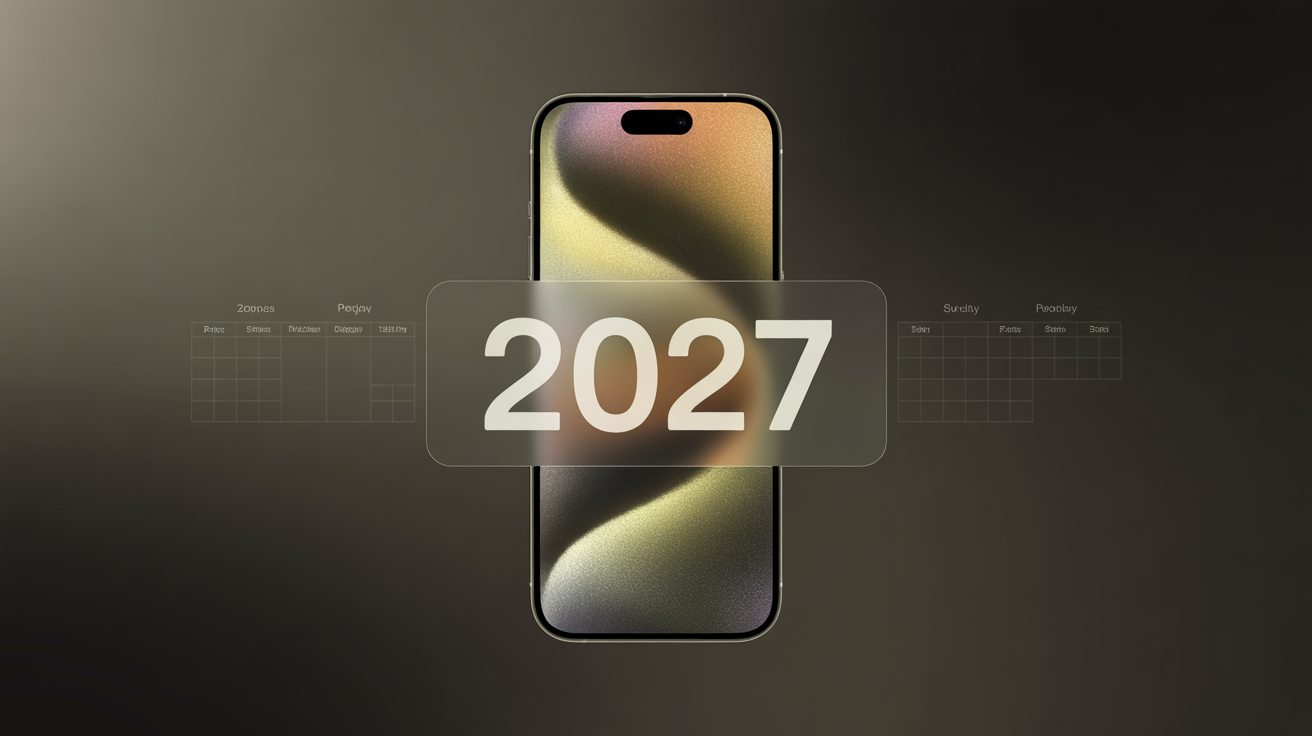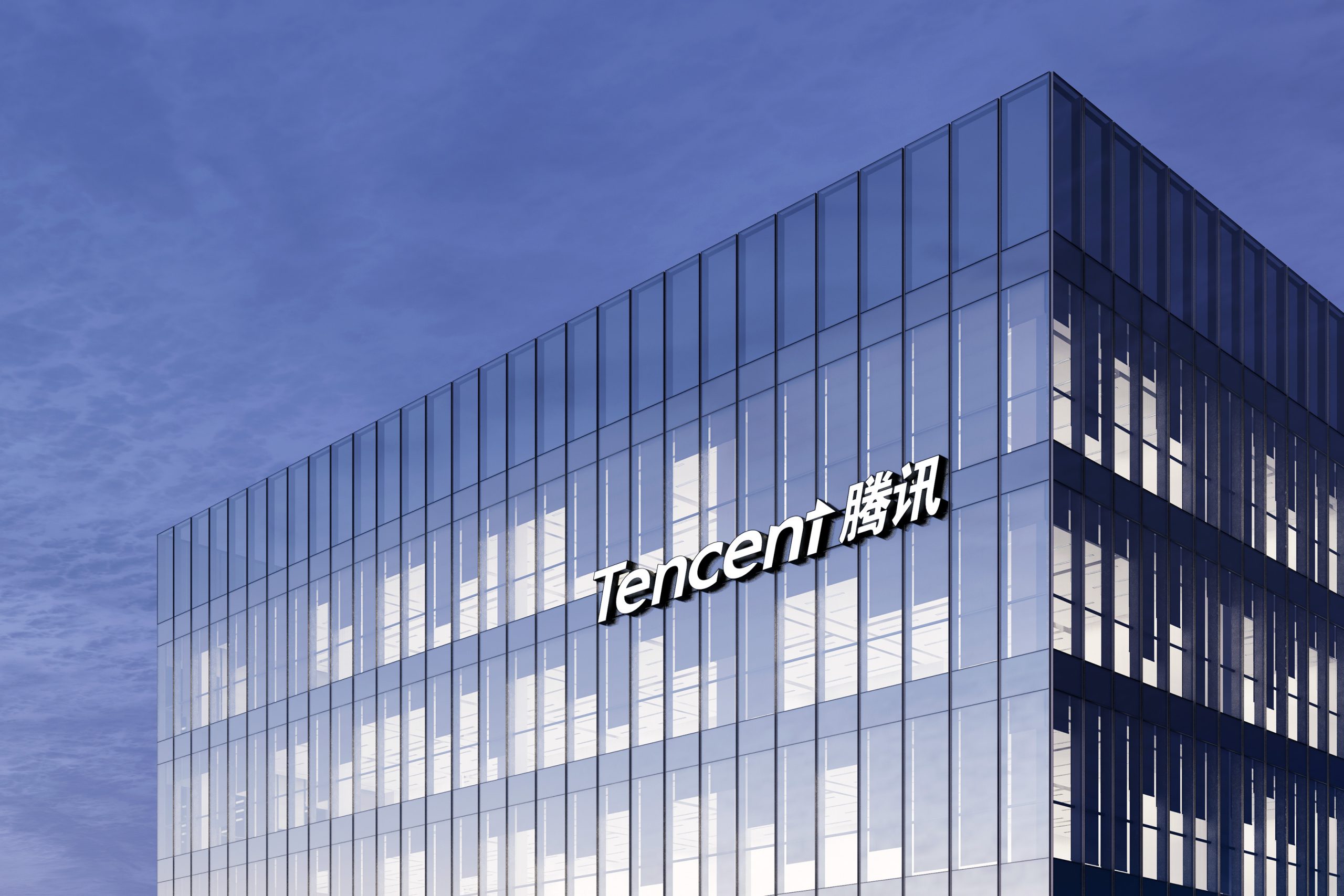Lisk, a Swiss blockchain platform founded in 2016, has launched a $15 million fund to back Web3 founders in Africa, Latin America, and Southeast Asia. Head of Investments Gideon Greaves told in September that the focus is on projects with real problems and utility, not speculative ones.
The fund is designed to address a critical disconnect, capitalising on a $5.2 trillion funding opportunity that traditional venture capital (VC) firms are missing by overlooking organically growing, purpose-driven startups in emerging markets. fast-growing adoption in emerging markets.
“Global VCs have become obsessed with speculation. In high-growth markets, the opposite is true. Founders are solving real problems with real utility and that is where the next unicorns will come from,” said Greaves.
Lisk will write first cheques of $250,000, with a maximum exposure of $750,000 per startup. The firm says it is steering clear of inflated valuations in developed markets.
Below is the full conversation, which has been edited for clarity.
Before setting up this fund, had you already deployed capital in any form, equity, grants, or competition prizes, to support African startups? If not, why start now?
Lisk has not launched a fund before, so this will be its first. They also have not made direct investments from their balance sheet before.
What we have done is issue grants and run incubation programmes. In 2024, Lisk funded multiple incubation programmes worldwide. These programmes help them access deal flow, understand local communities and cultures, and build a presence in diverse markets.
Each market is very different. Kenya, Vietnam, and Argentina have little in common beyond being emerging markets. To engage effectively, Lisk partners with local players, such as CV Labs and AyaHQ, in Africa, as well as with similar organisations elsewhere.
Currently, Lisk is funding seven programmes globally, two of which are located in Africa (CV Labs and AyaHQ). They cover the operational costs of these programmes, which run for three to six months and help startups refine their business models, prepare for fundraising, and reach the next stage of growth. Graduates of these programmes can also access grants.
And then this will be the first time that we’re now deploying capital as an investment and taking ownership in startups.
The change is more about Lisk evolving its strategy with market conditions. Lisk, as a layer-two (L2) blockchain—originally envisioned to be layer-one (L1)—was one of the original infrastructure networks to launch. We launched around the same time as Ethereum, raising 14,000 bitcoins from the community [in a 2016 initial coin offering]. And like any infrastructure network, our goal was to get startups to build on our platform.
After launching, we started to evolve with the market. We recognised that most of the talented developers are in the Ethereum ecosystem, and so we pivoted from an L1 to an Ethereum-compatible L2 blockchain. At the same time, we decided to pivot to emerging markets, with the initial focus on Africa. Now we’re expanding to other emerging markets. The blockchain space has become increasingly competitive. Back in 2017 when new blockchains were popping up, every site would claim to be the fastest and cheapest. But now they’re all fast and cheap. They all do the same thing. So you have to add more value than just being an infrastructure network. We’re trying to create a much broader ecosystem and position Lisk as a comprehensive growth platform, not just an infrastructure network.
The fund can also invest cross-chain. It’s not one hand feeding the other. You don’t have to be in the Lisk ecosystem for us to invest in you. You could be built on Solana or others. We believe that with these new initiatives, more attention will come to the ecosystem, and startups within it can leverage all the products, tools, funds, and infrastructure we have.
We launched our fund this year because after making these strategic decisions, we decided it was time to make the jump.
What’s the total size of the fund, what are the typical cheque sizes, and which African markets are you focusing on first?
It is a $15 million fund. Our ticket sizes start at $250,000 for a first cheque. About 30% of the capital is reserved for follow-on rounds, with second cheques of up to $500,000. The maximum exposure per startup is capped at $750,000.
We are focusing on certain countries. We can invest in startups from Egypt down to South Africa, even Burkina Faso. It could be anywhere on the continent, but the majority of our efforts are going into places with existing ecosystems; countries where there are a lot of tech companies and big populations—like South Africa, Kenya, and Nigeria. So those will be the three main regions. But we are still completely open to the continent. We’ve started to do some things in Ghana as well.
In Latin America, it’s Argentina currently, and we are watching Brazil as well. And in Southeast Asia, it’s currently Vietnam and Indonesia.
In your presentation, you described this as a tokenised fund. What exactly does that mean in practice, and is it only for your internal use or something you want others to adopt?
With a tokenised fund, nothing changes with the concept of money or how we deploy it. Tokenisation just digitises the whole process.
The onboarding process right now is very manual. If you want to invest in the fund, you have to sign 90 pages of documents. That’s done manually across the industry. Then you have to complete a Know Your Customer (KYC) check, which external suppliers handle, and that’s all over email. You send them your passport, your bank statements, your proof of address, they send you things back, and it takes a long time. Tokenising allows us to digitise all of that.
There are many positives. One is a more seamless experience. Digitisation allows someone to click, invest in the fund, upload KYC documents, and then transfer capital. They could connect their wallets and give us crypto, pay with a card, or do a bank transfer. They would then get tokens. These tokens are not speculative. They are a representation of the shares within the fund, so you have direct ownership in the fund.
The other big part of tokenisation, and probably the main one, is liquidity. Venture capital is the most risky asset class in the world. If you invest in a hedge fund or a mutual fund, you know they’re investing in liquid stocks. If you put in $100,000 and later don’t trust the manager, you can take your money out in a month. Venture capital is different. You transfer the money and you can’t access it for 10 years. It’s illiquid. Because of that illiquidity, you need outsized returns compared to other more liquid products.
Now with tokenisation, you can list. After two years, if you want to exit the fund for whatever reason, let’s say the fund is up 2x, because we invested in great startups that raised more funding at higher valuations, you could decide you need liquidity. You can list your shares—the tokens—on our website or marketplace and propose to sell them. That process is seamless. Someone can see that you listed at $1 a share, or whatever it is, and buy them.
But of course, this is something that is happening all over the world. Companies are starting to tokenise real-world assets (RWAs). Real-world assets can be financial products or property. A company really pioneering this is called Securitize, and they have tokenised very big funds. They’ve tokenised Kohlberg Kravis Roberts (KKR), BlackRock, and Hamilton Lane.
So it has happened in the industry, but there aren’t many funds. And we know of none in emerging markets that are tokenised VC funds. We don’t know of any. I can’t say for a matter of fact, but from our research, it looks like we will be the first to tokenise an emerging market VC fund.
What equity do you expect in return for tickets of up to $250,000, and how do you see follow-on capital being mobilised for larger rounds?
So definitely less than 10%. We look for anywhere from 3–9%. For follow-on capital, yes. This is just the beginning for us. We have a $15 million fund now. We’ll deploy all the capital in three years. It’s a 10-year fund, but we’ll spend the $15 million investing in around 40 startups over the next three years. After that, we plan to raise capital for a $50 million+ fund.
From your incubator and accelerator work, what lessons or insights convinced you to now back startups directly with capital?
Every cohort we get involved in, we watch the demo day at the end, and listen to all the founders pitching. There are usually about 20 in a cohort. The use cases are perfect because every single pitch is so relevant to real problems we face in Africa.
We realised that the use cases are very strong, but a lot of these founders do not have access to capital. That’s one thing we noticed. There’s a big jump in getting that first cheque and in being able to prove product-market fit and achieve consistent growth. VC investing is about putting money into a company that is growing and taking it from growth to hypergrowth. You’re not investing in a company that’s stuck, dead, or doesn’t know what to do and then bailing them out.
So what we realised is that while the use cases are fantastic, getting that first traction is a leap for some startups. That’s why the programmes help so much. They empower founders with the wisdom and knowledge to take things to the next level and make them investable for us. It actually acts as a deal flow funnel to the fund.
How do you judge founder credibility and team resilience in places where Web3 expertise is still thin?
First, we look at their backgrounds. There are exceptions to all these rules, of course. You could be Mark Zuckerberg, fresh out of university, and create a unicorn. That’s the exception to the rule. But we prefer to look at founders who have experience, either in the startup world or in a relevant industry, or who have built a company before.
We also want to invest in founders who are emotionally attached to their product. It’s an extension of themselves. Steve Jobs always used to say that. That’s the best recipe for success, because it allows you to persevere and pivot when times get hard. We’re looking for someone who can not only start a good business and get it to market, but also turn it into a $100 million business. That means raising more and more capital, going through Series B and C rounds, and managing leadership, hiring and firing.
Other parts of credibility we look for are whether the founders have any core partnerships that help with distribution. If it’s a fintech startup, and they have a partnership with Safaricom or Equity Bank, for example, that gives them a credibility stamp and shows they have go-to-market routes. We also look at whether they have people around them giving wisdom and advice. Building an advisory board of people who have been successful in their own right and can help guide them really helps and adds to that credibility.
Which categories of African Web3 startups, whether in payments, DeFi (decentralised finance), NFTs, gaming, supply chains, carbon markets, or DAOs, are you most interested in backing right now, and why?
I think it goes without saying that Web3 use cases applied to fintechs—with Africa’s rate of underbanked population—always gets us excited. Anything with payments, for example. We believe that Africa is a leapfrog population. For many people, their first interaction with the internet was on a mobile phone, not a computer. And we believe that many Africans will have Web3 wallets before they have bank accounts. That will be the natural progression of mobile money into stablecoins. So fintech will always be a big focus, even if it’s a bit of a cliché.
Beyond that, we’re also looking at transparency use cases and things around verification. It could be certification (RegTech), property, supply chains, or government tender processes. Those would be great.
Beyond capital, what will Lisk bring to founders to help them scale, especially given regulatory hurdles, infrastructure gaps, and cross-border growth?
One of the fund’s main differentiators, beyond its emerging markets’ Web3 focus, is its view on capital. To scale, founders eventually need larger Series A and B cheques, which often come from outside Africa. Lisk is building an internal advisory team to help startups shape their stories in ways that appeal to developed-market institutional VCs, and then connect them with those bigger funds.
The firm doesn’t take board seats at the early stage because it would slow founders down with bureaucracy. That role belongs to later-stage investors with Series A or B theses.
Mark your calendars! Moonshot by is back in Lagos on October 15–16! Meet and learn from Africa’s top founders, creatives & tech leaders for 2 days of keynotes, mixers & future-forward ideas. Get your tickets now: moonshot..com








